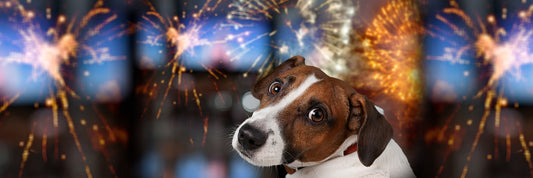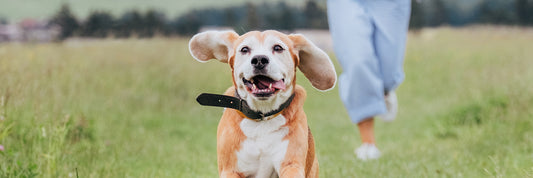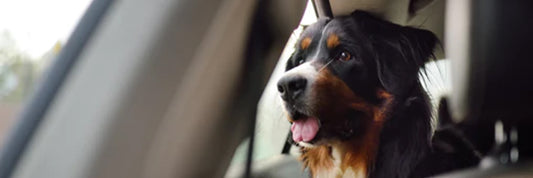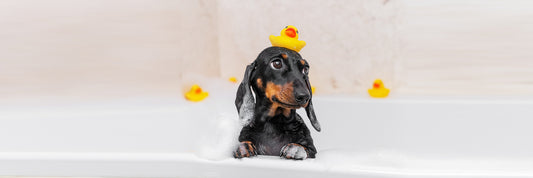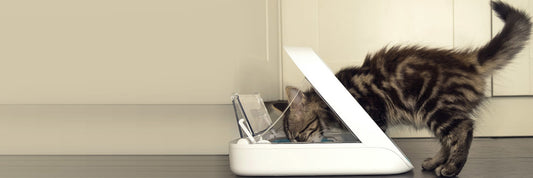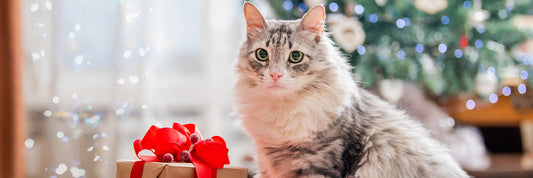Licensed Items
You've got licensed items in your basket, so for regulatory reasons we need to ask you to confirm a few details about the use of these products.
This is a licensed item so for regulatory reasons and to ensure we are providing the best product for the health of your pet, please read and confirm the details below:
By purchasing this product, you confirm your pet has been examined by a vet who has recommended the use of this food on the basis of examination and diagnosis.You understand it is recommended while your pet is being fed this product, you seek veterinary advice at least every 12 months regarding the usage of this food and the on-going care of your pet.Should your pet's condition deteriorate in any way while using this product, seek immediate veterinary advice.

